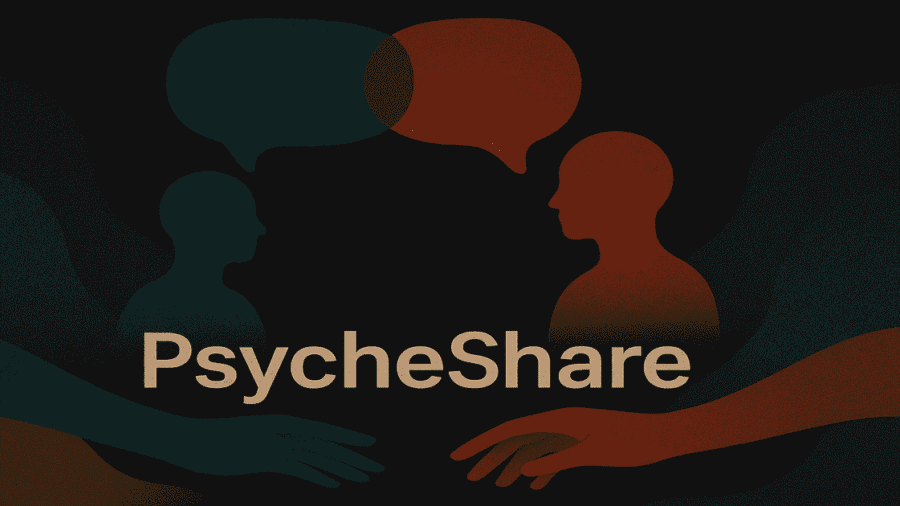Have you ever felt stuck in a negative story about yourself? Perhaps you have caught yourself thinking, “I am just not good enough,” or “Nothing ever works out for me.” These inner narratives can quietly shape the way we see ourselves and the world around us. But what if changing the story could change your life?
Welcome to the transformative world of Narrative Therapy — a collaborative and empowering approach to psychological healing that helps people reshape the stories they live by.
What Is Narrative Therapy?
Narrative Therapy is a form of psychotherapy that centers on the idea that the stories we tell about ourselves influence how we experience life. Developed in the 1980s by Michael White and David Epston in Australia and New Zealand, this approach views individuals as separate from their problems and sees identity as shaped by personal stories, culture, and social context.
Rather than viewing the person as “the problem,” Narrative Therapy sees the problem as the problem. Through structured conversations, individuals are guided to examine, question, and rewrite the narratives that have kept them feeling stuck, unworthy, or hopeless.
As White and Epston described in their seminal work Narrative Means to Therapeutic Ends, the focus is on storytelling as a means to reconstruct identity and build richer, more fulfilling lives.
How Narrative Therapy Works
At its core, Narrative Therapy involves four key practices:
1. Externalizing the Problem
Rather than internalizing a problem (e.g., “I am anxious”), the therapist helps the client separate themselves from it (e.g., “Anxiety is something that visits me”). This allows the individual to observe the problem with less self-blame and more clarity.
2. Exploring Dominant Narratives
We all carry dominant stories — often shaped by family, society, culture, or past experiences — that tell us who we are. Some of these narratives are limiting or even harmful. Narrative Therapy examines these dominant stories and questions their origin and validity.
3. Identifying Unique Outcomes
These are moments in a person’s life that contradict the dominant story. For example, someone who believes they are a failure may remember a time when they succeeded or helped someone else. These moments become the seeds for new, more empowering stories.
4. Reauthoring the Narrative
Clients and therapists work together to build alternative stories that reflect the person’s strengths, values, and hopes. This reauthoring process can be profoundly healing, as it creates space for growth, change, and self-compassion.
What Makes Narrative Therapy Different?
Unlike some traditional therapies that focus heavily on diagnosis or pathology, Narrative Therapy:
- Respects the client as the expert in their own life
- Encourages collaboration between therapist and client
- Honors culture, identity, and diversity
- Avoids labeling and reduces stigma
According to the American Psychological Association (APA), Narrative Therapy is particularly effective for individuals facing trauma, depression, identity issues, and relationship problems (source).
Who Can Benefit from Narrative Therapy?
Narrative Therapy is suitable for individuals, couples, families, and even communities. It has been used effectively with:
- Children and adolescents dealing with bullying, anxiety, or behavioral issues
- Survivors of trauma and abuse
- People experiencing depression or low self-worth
- Couples struggling with communication or past hurts
- Marginalized communities facing systemic oppression or discrimination
Its flexible, respectful, and empowering approach makes it especially effective in multicultural and cross-cultural settings (source).
Real-Life Example: Changing the Story
Consider Sarah, a 35-year-old woman who believed she was “bad at relationships.” Through Narrative Therapy, she identified this as a dominant story shaped by a few past breakups and childhood experiences. But as she explored her life more fully, she recognized moments when she had been kind, caring, and emotionally available in relationships.
Over time, Sarah built a new narrative: “I am learning what healthy relationships look like, and I am capable of creating them.” This shift allowed her to approach dating and connection with greater confidence and hope.
Is Narrative Therapy Right for You?
If you feel weighed down by a story that does not serve you — whether it is about failure, identity, trauma, or worth — Narrative Therapy can help you uncover new perspectives, untold strengths, and a more compassionate view of yourself.
You do not need to be a writer or a philosopher to benefit from this therapy. All you need is a willingness to be curious about your story — and to imagine a new one.
Final Thoughts
Stories are powerful. They shape our identity, influence our choices, and guide how we relate to the world. Narrative Therapy invites us to become the authors of our own lives, breaking free from limiting beliefs and creating space for healing, growth, and hope.
As David Epston once said, “Therapy is not about fixing people, but helping them to rewrite the story of who they are.”
So, what is your story — and how might you begin to rewrite it?



Add a Comment